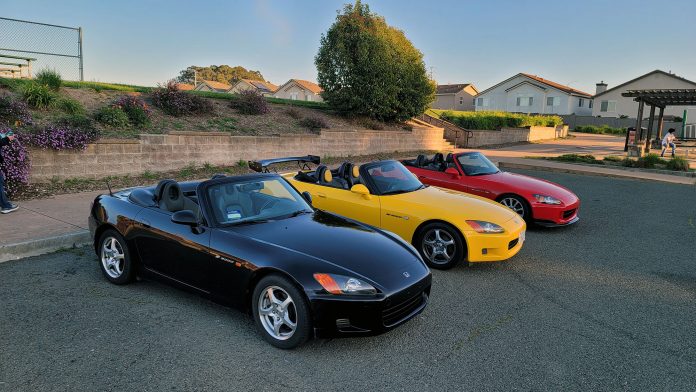Most people, when they are considering a car purchase, consider the cost of the vehicle. More often than not the decision is driven by your immediate budget. How much can you afford to spend on your car at the time of purchase? As a result, you could choose second-hand over brand new. Sometimes, financing programs are budget-friendly and can make it easy for the household to buy a new vehicle. A lot of prospective car buyers also compare insurance costs, as car cover plans can vary greatly depending on the make and age of the vehicle. But these costs do not tell the whole story. If you are looking to buy, you want to think about some commonly forgotten factors that can influence your decision:
- The car manufacturer
- The damage excess
- The loss of value
- The consequences of car modifications
Same cars, different brands, and price tags
It’s not uncommon for car manufacturers to combine efforts and produce similar vehicles. This is especially common when both manufacturers are owned by the same parent company. For example, while Skoda is typically described as a budget car, it doesn’t mean it’s an unreliable make. Indeed, most vehicles repurpose car feature engines that are typically found in Volkswagen models. As a result, it’s safe to assume that a Skoda car provides the same reliability as a VW but for a fraction of the cost. It’s worth exploring the many connections of each manufacturer to ensure that you don’t pay more than you need for what you want.
Deductibles and unaffordable damage
Comparing car insurance quotes isn’t something you can do online via an aggregator website. The typical comparison tools tend to focus on the insurance cost. However, they fail to offer insights on the deductibles. Deductible refers to the amount of money that you are happy to pay up-front to fix damage to your car. Understandably, low deductibles mean that your overall cover premiums will be higher. On the other hand, high deductibles cut down your coverage cost. But you need to make sure that you can afford to pay for the damage.
High-speed depreciation
As exciting as it can be to buy a brand new vehicle, you have to realize that your car will lose its value over time. As a result, if you are planning to sell your car, you need to brace yourself for an unpleasant surprise. Therefore, it can be helpful to be familiar with the fastest depreciating vehicles. If you bought a Maserati Quattroporte, the car would retain less than 25% of its value after three years. The quirky Mercedes-AMG E53 drops over 73% of its value within three years.
Pimp my ride syndrome
Anyone who grew up watching Pimp My Ride on TV could be inspired to make custom modifications to their vehicle. Unfortunately, car mods can ruin your vehicle. Turning a hardtop into a convertible, for instance, tends to fail. The car doesn’t look good anymore, and the missing top will affect maneuverability and performance on roads. Besides, you’ll struggle to make any profit when you come to sell your modified vehicle.
There’s more to your car costs than meets the eye. Is a BMW as good as a VW? If you are looking for stability, reliability, and safe road performance, both makes are interchangeable. Is a brand new Mercedes the best choice? Yes, as long as you accept that the car will lose its value quickly. The bottom line: You have to understand the many hidden costs of each vehicle before committing to buy.




